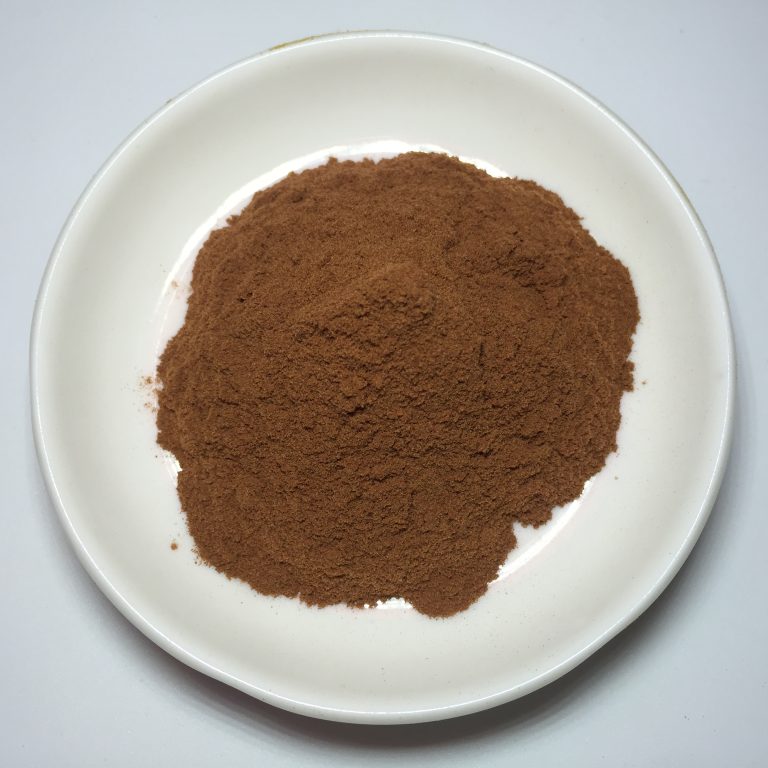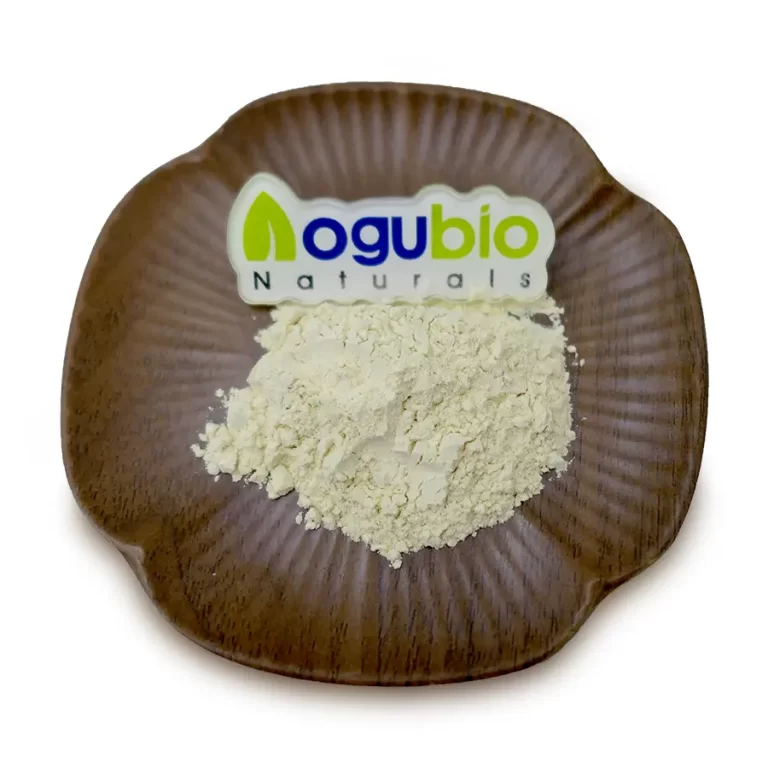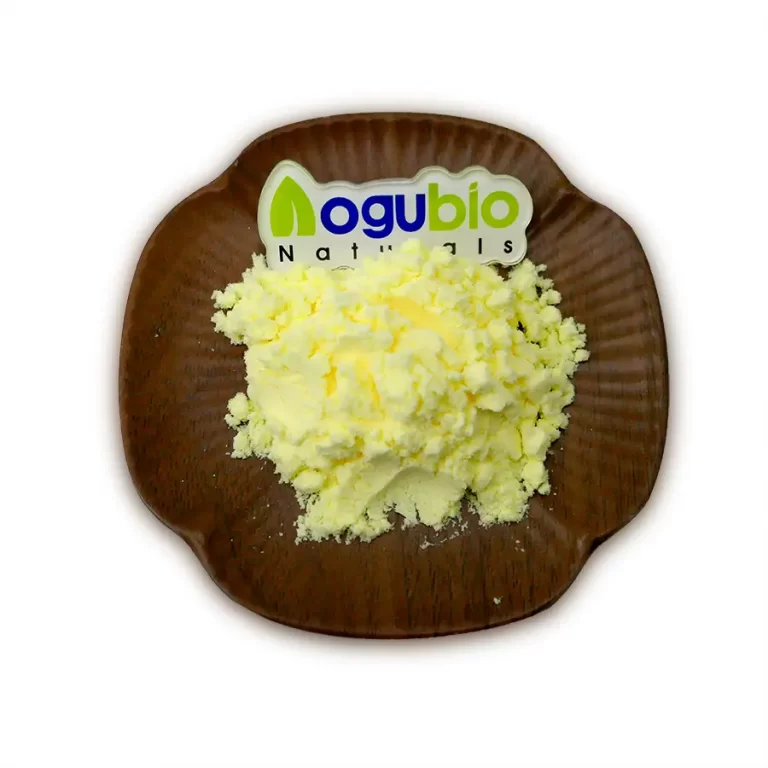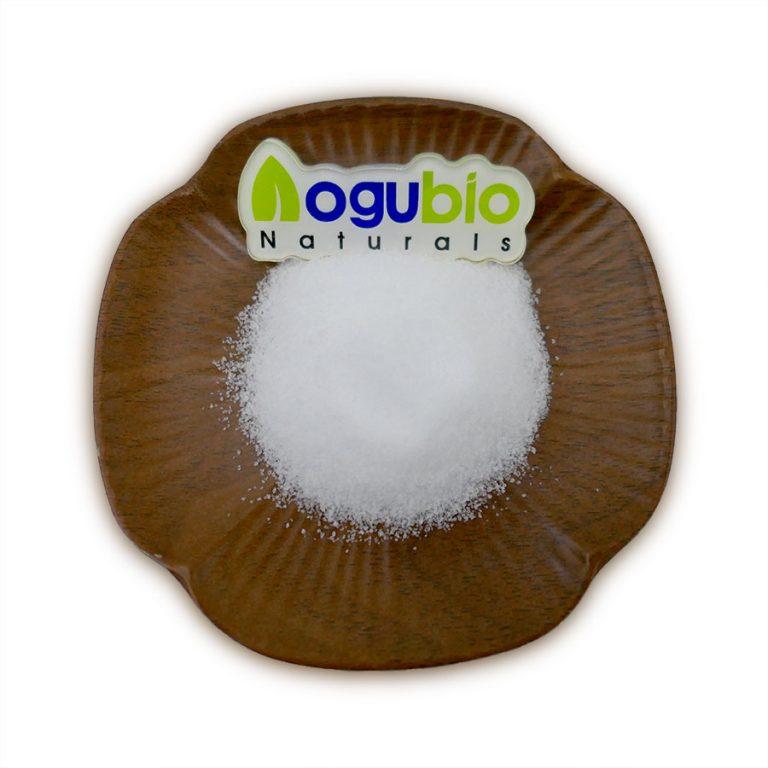What is AHCC?
Active Hexose Correlated Compound (AHCC) is an alpha-glucan rich nutritional supplement produced from the mycelia of shiitake (Lentinula edodes) of the basidiomycete family of mushrooms, and is not an approved drug.
An evidence-based review concluded that AHCC may have immunostimulatory effects; whether this offers any benefit for infections and cancer remains to be determined.
AHCC was originally designed to lower high-blood pressure. However, researchers at Tokyo University found that AHCC increased natural killer (NK) cell activity in cancer patients, and also enhanced the effects of killer T-cells, and cytokines (interferon, IL-12, TNF-alpha).
One cohort study published in 2003 reported improved survival associated with AHCC in primary liver cancer patients after surgical resection of the primary tumor. The immunological effect of AHCC has been studied in a double-blind, placebo-controlled study with 21 healthy volunteers. The AHCC group showed a significantly higher number of total dendritic cells compared with baseline, a significantly higher number of DC1 cells compared with baseline, a significantly higher number of DC2 cells compared with controls, and a significantly increased mixed-leukocyte reaction compared with controls. There was no significant difference in cytokine production, NK cell activity or other immune function parameters between the two groups.
AHCC – Active Hexose Correlated Compound
AHCC (Active Hexose Correlated Compound), a registered trademark of Amino Up Co. Ltd. is a functional food made from the hybridized mycelia of shiitake and other mushrooms fermented in rice bran. It was developed by Professor Toshihiko Okamoto, Department of Pharmacology, Tokyo University in conjunction with Amino Up Chemical Co. Ltd. of Sapporo, Japan. It was developed as a therapeutic aid for life-style related diseases, including liver diseases and diabetes. AHCC adheres to international quality and safety standards, including the HACCP9000 system. This system is a combination of HACCP (Hazard Analysis Critical Control Point) systems, which is an international level hygiene control system for foods and ISO9002 (International Organization for Standardization 9002), a quality assurance system.
Manufacturing process
AHCC is manufactured by culturing the mycelia of basidiomycetes (mushroom root threads) for a period of 45 –60 days in a large holding tank. Several types of mycelia are initially cultured to form a colony (a mass of mycelia). After the culture is completed, the product is subjected to enzyme reaction, sterilization, concentration and freeze drying.
Chemical composition
Polysaccharides comprise 40% of the composition of AHCC. These include beta-glucan (β-glucan) and acetylated α-glucan. Acetylated α-glucan, produced by culturing the mushroom mycelia, is unique to AHCC. Glucans are polysaccharides and these polysaccharides are known to have immune stimulating effects. The low molecular weight of acetylated α -glucan (around 5000 daltons) is easily absorbed into the system compared to the higher molecular weight of β-glucan, which is in the range of tens to hundreds of thousands of daltons.
Safety of AHCC
AHCC has been studied for safety in human trials as well as safety with conventional chemotherapy.
Safety studies have been conducted according to GLP standards. The LD50 according to tests with SD rats is > 12,500 mg/kg by oral administration. Toxic activity was not seen even in intra-peritoneal administration of AHCC: Male: LD50 = 8,490 mg/kg, estimated intraperitoneal fatal dose =7,430 mg/kg Female: LD50 = 9,849 mg/kg and estimated fatal dose = 8,340 mg/kg
Role of AHCC as a supplemental alternative medicine
AHCC is widely used in Japan and China. AHCC is used to protect the immune system of cancer patients undergoing chemotherapy and radiation in over 700 clinics and hospitals in Japan alone. It is available to the general public in Japan and China without a prescription and many people use it for general health maintenance and treatment of acute infections. Its legal status is that of a “functional food.” Research on AHCC has been carried out in Japan, China, Korea, Thailand, Spain and the United States. Results of research show that AHCC may work in the prevention and treatment of numerous diseases.
In Japan, AHCC is the 2nd most popular complementary and alternative medicine used by cancer patients. Agaricus blazei supplements are the most popular, outpacing AHCC use by a factor of 7:1.
AHCC and cell-mediated immunity
AHCC stimulates cell-mediated immunity by activating the white blood cells, particularly natural killer cells (NK cells) and macrophages, which directly attack abnormal cells, virus-infected cells or external viral and bacterial pathogens that enter the body.
Some research shows that the fundamental mechanism of how AHCC activates immunity is by means of stimulating the number of dendritic cells. Dendritic cells capture and process antigens (disease-causing proteins) and carry them to the lymphoid organs, such as the spleen and lymph nodes, and secrete cytokines to induce an immune response. B cells and T cells (B and T lymphocytes) are the mediators of immunity, but their function is under the control of dendritic cells. AHCC clearly stimulated an increase in the number of dendritic cells compared to a placebo group. The stimulatory activity of the dendritic cells was also increased. These results strongly suggest that AHCC is useful in increasing immune competence. AHCC also protects the thymus gland, improves the immune system’s ability to recognize tumors, and strengthens cellular immunity in healthy human volunteers.
AHCC and cancer
There have been reports of tumor reduction and even cures of cancer using Reishi mushrooms and Chinese herbs. It has been observed that these traditional remedies may work by up-regulation of the immune system.
A study published in the Journal of Hepatology compared the outcomes of 113 post-operative liver cancer patients taking AHCC with 156 patients in the control group. The results showed the rate of recurrence of malignant tumors was significantly lower (34% versus 66%) and patient survival was significantly higher in the AHCC group (80% vs. 52%). The level of speculation was low because actual survival figures were recorded and the patients had all been carefully observed internally at the time of surgery with photographs of tumors and lesions.
In Japan, AHCC is the 2nd most popular complementary and alternative medicine used by cancer patients. Agaricus blazei supplements are the most popular, outpacing AHCC use by a factor of 7:1.






 Imaherb China manufacturer supply Apple Extract Powder
Imaherb China manufacturer supply Apple Extract Powder Imaherb China manufacturer supply Apigenin Powder 98%
Imaherb China manufacturer supply Apigenin Powder 98% Imaherb Factory supply Alpha Lipoic Acid Powder CAS 1077-28-7
Imaherb Factory supply Alpha Lipoic Acid Powder CAS 1077-28-7 Imaherb Factory supply Alpha GPC Powder CAS 28319-77-9
Imaherb Factory supply Alpha GPC Powder CAS 28319-77-9 Imaherb Factory supply Alliin Powder 98% CAS 556-27-4
Imaherb Factory supply Alliin Powder 98% CAS 556-27-4 skype
skype Sales Manager
Sales Manager Rebekah
Rebekah Rachel
Rachel Miranda
Miranda Camilla
Camilla
 Sales Manager
Sales Manager